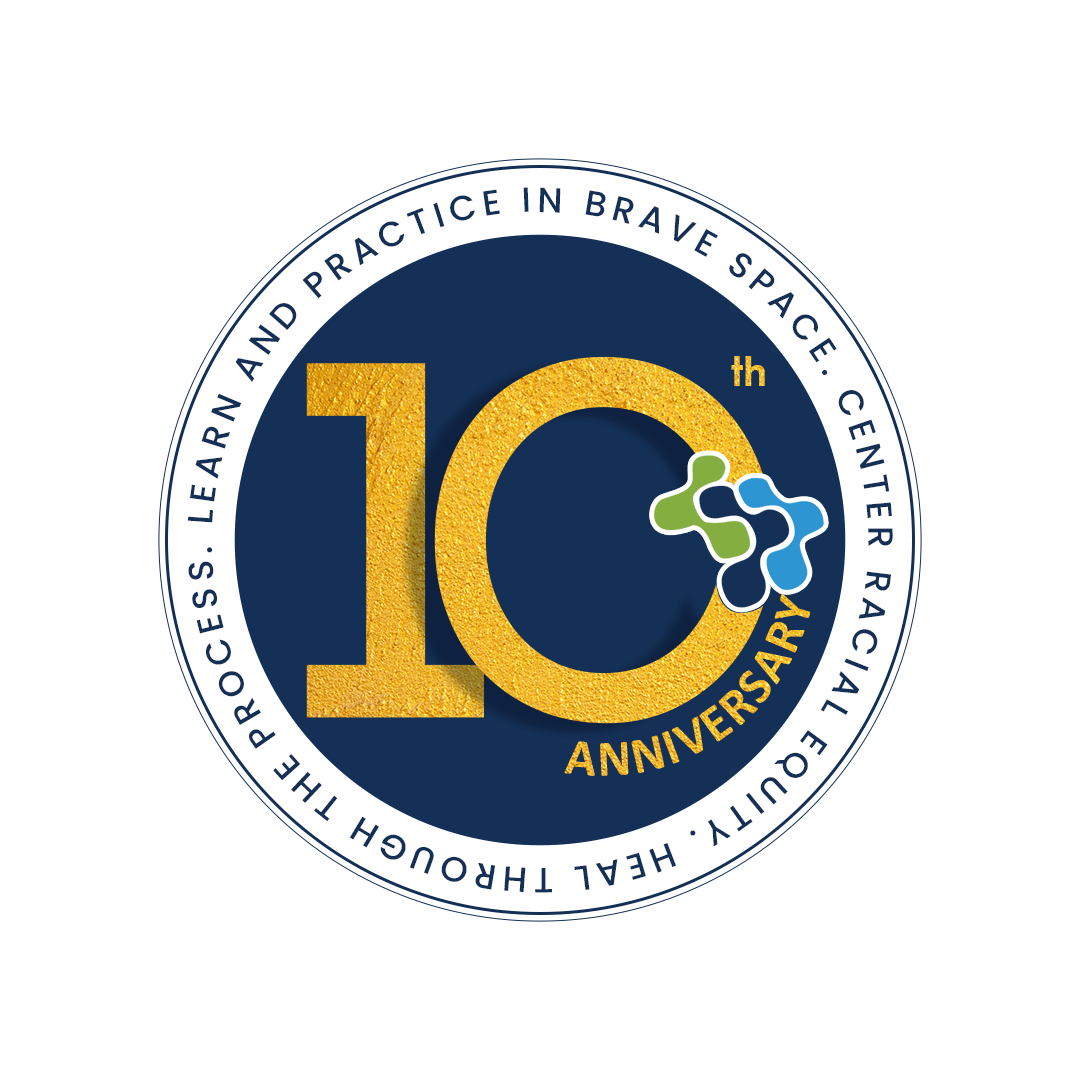
Equity Centered School Improvements requires everyone – the parent, the school, the community. To achieve equity in schools it’s essential to measure fairness, inclusion and achievement while creating a safe and conducive environment for all students to learn, grow and develop.
Improvement in our educational system is a continuous process. For optimum results there is no sustainable improvement unless it is geared towards equity. Inequitable learning environments create poor environments for learning and limit our students’ (and educators’) potential and capacity. They do not consider all students and they don’t take all students’ situations into consideration. Although funds and up-to-date curriculums are helpful, their impact remains limited if students are forced to learn under unjust and unfair conditions. Improving the quality of education in our schools goes beyond regularly changing curriculum and investing more dollars into the school system.
Why Should You Care?
By infusing the values of kindness, tolerance, and unity in students, we reinvest in our community and provide a value driven experience to our youth. Apart from improving students’ general average, equity in education ultimately helps to shape our society.
Equitable education provides a number of benefits to include:
- Improves performance of all students.
- Strengthens and supports school leadership.
- Stimulates a supportive environment conducive to learning.
- Ensures proper funding and efficient utilization of available funds.
- Provides the opportunity for students living in under resourced communities to be fully educated.
- Promotes unity and togetherness.
- Equips students with the people skills necessary to cooperate and work with a wide range of people.
- Creates a generation of adults who orientated towards equity and justice.
Conclusion
Over the years, our educational system has seen improvements but not enough. There is still more to be done, and we must implement the change we seek. The change that our children deserve. Student achievement improves when you focus on building institutional trust, increasing student engagement and closing the gap between mission and reality.
For example, student engagement is key to building a safe, positive, and creative school culture that enhances student performance and decreases boredom, alienation, and drop-out rates. Therefore, it is our duty as a society to create a safe and conducive learning environment for our youth. The education we give our children determines the society they would be forced to live in. The best way to leave the world in a better condition than we met it is to leave the world with better humans than we are and better humans than we existed with. Beyond the buildings, the books, the funds, and the curriculums, the people we build would shape the future.
Allison Todd is a coach and consultant with over 20 years of experience transforming small and large businesses’ operations and profitability. Whether it’s beginning, launching, or scaling a business, Allison founded her coaching and mentoring business with the hopes of helping clients conquer their fears and build confidence to take their business to the next level.


